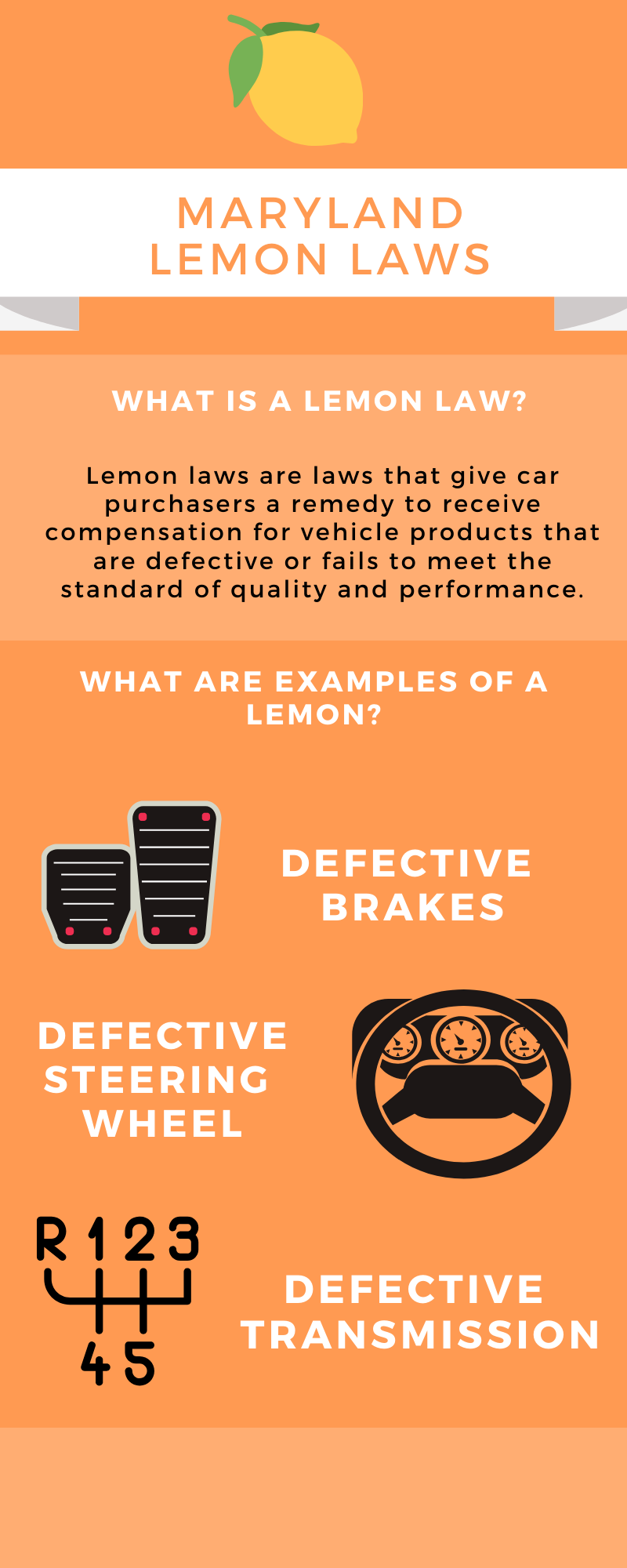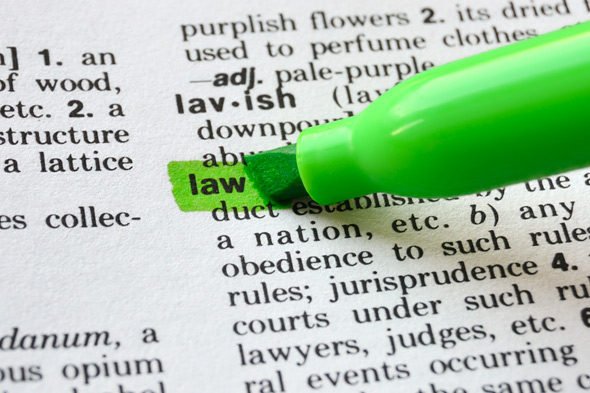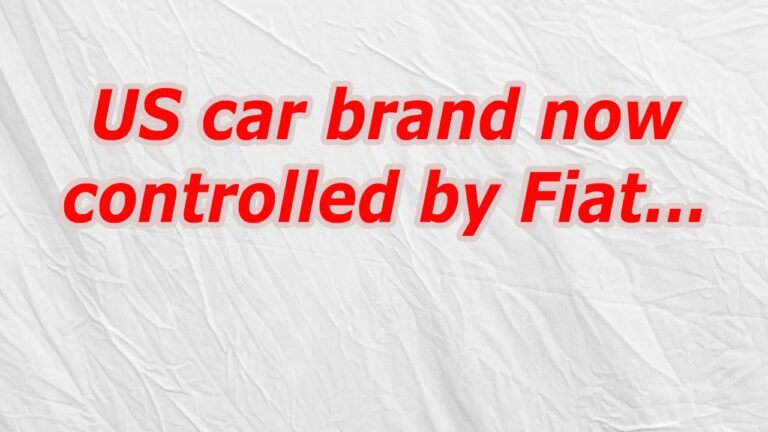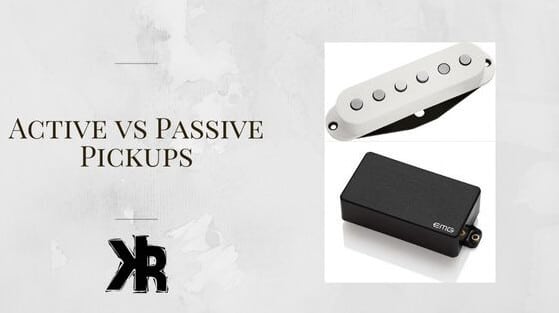Brand New Car Lemon Law: A Comprehensive Guide to Your Rights
Brand New Car Lemon Law: A Comprehensive Guide to Your Rights cars.truckstrend.com
Purchasing a brand new car is often an exciting milestone, promising reliability, advanced features, and the peace of mind that comes with a manufacturer’s warranty. However, for some unfortunate consumers, this dream can quickly turn into a nightmare when their gleaming new vehicle proves to be a perpetual problem. This is where the Brand New Car Lemon Law comes steps in – a crucial piece of consumer protection legislation designed to provide recourse for buyers stuck with a significantly defective vehicle.
Understanding the intricacies of Lemon Law is not just about knowing your rights; it’s about empowering yourself to take action when faced with a substantial and unrepairable defect. This guide will meticulously break down what constitutes a "lemon," how these laws protect you, the steps involved in making a claim, and what remedies are available to ensure you don’t get stuck with a sour deal.
Brand New Car Lemon Law: A Comprehensive Guide to Your Rights
I. What Exactly is a "Lemon Car"?
At its core, a "lemon car" is a new vehicle that has a substantial defect or defects covered by the manufacturer’s warranty that significantly impair its use, value, or safety, and which cannot be repaired after a reasonable number of attempts by the manufacturer or its authorized dealer. It’s not merely about minor annoyances like a squeaky dashboard or a quirky infotainment system; a lemon is a vehicle with persistent, critical issues that undermine its fundamental purpose.
The term "lemon" isn’t arbitrary; it’s defined by specific criteria within state and federal laws. These criteria typically revolve around the nature of the defect, the number of repair attempts made, and the cumulative time the vehicle has been out of service for repairs.
II. The Purpose and Scope of Lemon Laws
Lemon Laws exist to balance the scales between powerful automotive manufacturers and individual consumers. Without these protections, buyers could be left with a substantial financial burden and a vehicle that is unsafe or unreliable, despite paying for a brand new, fully functional product.
While a federal Lemon Law, the Magnuson-Moss Warranty Act, provides some baseline protections for all consumer products with warranties, it primarily focuses on ensuring manufacturers honor their warranties. State Lemon Laws, however, are generally much stronger and more specific to new vehicles, offering more robust remedies and clear pathways for consumers. Every state has its own unique Lemon Law, which means the specifics (like the number of repair attempts or days out of service) can vary.

The scope of these laws typically applies to new vehicles purchased or leased for personal, family, or household use. While primarily covering cars and light trucks, some state laws may also extend to motorcycles, recreational vehicles (RVs), or even certain commercial vehicles if they meet specific criteria. It’s crucial to consult your state’s specific statutes.
III. Key Criteria for a Lemon Claim
For a vehicle to be legally declared a "lemon" under most state laws, several conditions must generally be met:
A. Substantial Defect

The defect must be significant, meaning it substantially impairs the vehicle’s:
- Use: Does it prevent you from driving it normally or reliably? (e.g., recurring engine stalls, transmission failures).
- Value: Does it significantly diminish the car’s resale value? (e.g., persistent electrical issues that affect major components).
- Safety: Does it pose a risk to your safety or the safety of others? (e.g., brake failure, steering issues, airbag malfunctions).

Minor cosmetic flaws or easily fixable issues typically do not qualify.
B. Reasonable Repair Attempts
This is a critical component. The manufacturer or its authorized dealer must have been given a "reasonable number of attempts" to fix the same substantial defect.
- Typical Scenario: Most state laws define "reasonable" as three or four repair attempts for the same specific defect.
- Safety Defect Exception: For a serious safety defect (e.g., issues with brakes, steering, or sudden acceleration), some laws stipulate that even one or two unsuccessful repair attempts may be sufficient.
C. Out of Service Time
Alternatively, even if the defect hasn’t been subject to multiple repair attempts, a vehicle may qualify as a lemon if it has been out of service for repairs for a cumulative period of time.
- Common Threshold: Many states specify that if the vehicle has been out of service for 30 calendar days or more (not necessarily consecutive) within a specific period (e.g., the first 12 to 24 months of ownership or the first 12,000 to 24,000 miles, whichever comes first), it may qualify. This applies even if different problems are being addressed.
D. Warranty Coverage
The defect must be covered by the manufacturer’s original factory warranty. Issues arising from owner abuse, accidents, or unauthorized modifications are typically not covered under Lemon Law.
E. Notification to Manufacturer
Many state laws require that you notify the manufacturer directly (often in writing via certified mail) of the persistent defect and give them one final opportunity to repair the vehicle. This step is crucial and often a prerequisite for pursuing a claim.
F. Time Limits (Statute of Limitations)
Lemon Laws have strict deadlines for filing a claim, known as the statute of limitations. This period typically begins from the date of purchase or the date the defect was first discovered, and varies by state (e.g., 18 months, 24 months, or a certain mileage threshold). Acting promptly is essential.
IV. What Remedies Are Available to Consumers?
If your vehicle is determined to be a lemon, Lemon Laws provide specific remedies designed to make you whole again:
A. Vehicle Replacement
The manufacturer may be required to replace your defective vehicle with a comparable new vehicle. This means a vehicle of the same make, model, and year, with similar features and options. You would typically be responsible for any mileage offset (a deduction for the use of the original vehicle before the defect arose).
B. Repurchase (Buyback)
Often referred to as a "buyback," the manufacturer repurchases the vehicle from you. The buyback amount typically includes:
- The full purchase price of the vehicle.
- Collateral charges (e.g., sales tax, registration fees, license fees, finance charges, and sometimes even rental car costs or towing expenses).
- A deduction for your use of the vehicle prior to the first reported defect. This "usage offset" is calculated based on the mileage driven and is usually a small percentage of the purchase price.
C. Cash Settlement/Repair
In some cases, especially if the defect is not severe enough for a full buyback or replacement, or if you prefer to keep the vehicle, a manufacturer might offer a cash settlement. This compensation is intended to cover the diminished value of the vehicle due to the defect or to cover the cost of repairs not fully resolved. This is often a negotiated outcome.
V. Navigating the Lemon Law Process: A Step-by-Step Guide
Pursuing a Lemon Law claim can seem daunting, but following a structured approach can significantly improve your chances of success:
Step 1: Document Everything Meticulously.
This is the single most important step. Keep detailed records of:
- All repair orders (ensure they accurately describe your complaint and the work performed).
- Dates the vehicle was dropped off and picked up for service.
- Mileage at each service visit.
- All correspondence with the dealer and manufacturer (letters, emails, notes from phone calls including dates, times, and names).
- Your purchase agreement, financing documents, and warranty information.
- Any receipts for related expenses (e.g., rental cars, towing).
Step 2: Understand Your State’s Specific Lemon Law.
Research your state’s Lemon Law criteria regarding repair attempts, out-of-service days, notification requirements, and statutes of limitations. Websites of your state’s Attorney General or consumer protection agencies are good starting points.
Step 3: Provide Written Notification to the Manufacturer.
Once you believe your vehicle meets the Lemon Law criteria, send a formal written notice to the manufacturer (not just the dealership) via certified mail with a return receipt requested. Clearly state the nature of the defect(s), the history of repair attempts, and your intent to pursue a Lemon Law claim.
Step 4: Allow a Final Repair Attempt.
Most Lemon Laws require that after receiving your formal notification, the manufacturer be given one final opportunity (often 7-14 days) to repair the vehicle. Even if you’re frustrated, you must comply with this.
Step 5: Consider Arbitration (If Required/Available).
Some state laws or manufacturer warranties may require you to go through a certified arbitration program (e.g., through the Better Business Bureau Auto Line) before filing a lawsuit. Arbitration is an alternative dispute resolution process where a neutral third party hears both sides and makes a binding or non-binding decision. While sometimes quicker and less formal than court, it may not always be in your best interest if you have a strong case.
Step 6: Consult a Lemon Law Attorney.
This is highly recommended. Lemon Law is complex, and manufacturers have vast legal resources. An experienced Lemon Law attorney can:
- Evaluate your case and determine if it meets your state’s criteria.
- Handle all communication and negotiations with the manufacturer.
- Represent you in arbitration or court.
- Crucially, many Lemon Laws include provisions that require the manufacturer to pay your reasonable attorney fees if you win your case, meaning you often pay little to nothing upfront.
Step 7: File a Lawsuit (If Necessary).
If negotiations or arbitration fail, your attorney may advise filing a lawsuit against the manufacturer. This step is usually taken as a last resort, but it can be very effective in securing a favorable outcome.
VI. Important Considerations & Potential Challenges
- Burden of Proof: The burden of proof lies with you, the consumer, to demonstrate that the vehicle is a lemon. This is why thorough documentation is paramount.
- Manufacturer Resistance: Manufacturers are businesses, and they will often dispute claims to protect their bottom line. Be prepared for resistance and potentially lengthy processes.
- "Lemon Law Buyback" Titles: If your vehicle is repurchased under a Lemon Law, its title will typically be branded as a "Lemon Law Buyback" or similar. This means it cannot be resold as a new vehicle and its value will be significantly diminished on the used market. Manufacturers are required to disclose this to future buyers.
- Dealer vs. Manufacturer: Remember, Lemon Law claims are against the manufacturer, not the dealership where you bought the car. While the dealership performs the repairs, they are doing so on behalf of the manufacturer.
- Used Cars: Generally, Lemon Laws apply only to new vehicles. Some states have "used car lemon laws" or implied warranty laws that offer more limited protection for pre-owned vehicles, but they are distinct from new car Lemon Laws.
VII. Key Financial Considerations & Outcomes in a Lemon Law Claim
While Lemon Law isn’t a "product" with a price, here’s a table outlining the financial aspects and potential outcomes you might encounter when pursuing a claim:
| Category | Description | Typical Outcome/Cost |
|---|---|---|
| Attorney Fees | Cost for legal representation. | Often $0 upfront for consumer. Most Lemon Law attorneys work on a contingency basis, and if you win, the manufacturer is typically required to pay your reasonable attorney fees. |
| Filing Fees | Court or arbitration administrative fees. | Variable, typically a few hundred dollars. May be covered by attorney or reimbursed if you win. |
| Expert Witness Fees | If a technical expert is needed to testify about the defect. | Can be substantial ($1,000s). Usually covered by the attorney, or reimbursed by the manufacturer if you win. |
| Vehicle Repurchase | Manufacturer buys back the vehicle. | Full purchase price (including taxes, registration, finance charges) minus a usage offset. |
| Vehicle Replacement | Manufacturer provides a new, comparable vehicle. | Value of new vehicle, no direct cash cost (trade-in of "lemon"). May involve a usage offset. |
| Cash Settlement | Compensation paid to you for diminished value, without buyback/replacement. | Negotiated amount, typically less than a full buyback, but allows you to keep the vehicle. |
| Usage Offset | A deduction from the repurchase amount for the miles you drove the car. | Calculated based on mileage before the first defect was reported (e.g., (miles used / 120,000) * purchase price). Varies by state. |
| Incidental Damages | Costs incurred due to the defect (e.g., rental car, towing). | Often reimbursed as part of a settlement or judgment. Keep all receipts. |
| Personal Time/Effort | Your time spent documenting, communicating, and managing the process. | Significant, but often well worth the effort for a successful outcome. |
VIII. Frequently Asked Questions (FAQ)
Q1: Does the Lemon Law apply to used cars?
A1: Generally, no. Most state Lemon Laws apply exclusively to new vehicles. Some states have separate "used car lemon laws" or robust implied warranty laws that offer limited protections for used vehicles, but these are distinct and usually less comprehensive.
Q2: How long do I have to file a Lemon Law claim?
A2: This varies by state. Most states have a "statute of limitations" that typically ranges from 18 to 48 months from the date of purchase, or within a certain mileage limit (e.g., 18,000 to 50,000 miles). It’s crucial to act quickly once you suspect you have a lemon.
Q3: Do I need an attorney to pursue a Lemon Law claim?
A3: While not legally required, it is highly recommended. Lemon Law is complex, and manufacturers have extensive legal teams. An experienced Lemon Law attorney understands the nuances of the law, can navigate the process efficiently, and can often secure a better outcome. Plus, if you win, the manufacturer usually pays your attorney fees.
Q4: What if my car has multiple different problems, not just one recurring issue?
A4: Your vehicle might still qualify as a lemon if the cumulative time it has been out of service for repairs (regardless of the specific problem being addressed) meets your state’s "out of service" threshold (e.g., 30 days or more).
Q5: Can I get my money back if I financed the car?
A5: Yes. If the manufacturer agrees to a repurchase (buyback), they will pay off your outstanding loan balance and reimburse you for your down payment and any monthly payments made (minus the usage offset).
Q6: What happens if the manufacturer wants to take my car for one last repair attempt after I’ve notified them?
A6: Most Lemon Laws require you to allow this final repair attempt. Failure to do so could jeopardize your claim. Your attorney can guide you on the specifics.
Q7: Will pursuing a Lemon Law claim hurt my credit?
A7: No, pursuing a legitimate Lemon Law claim should not negatively impact your credit score. If the manufacturer repurchases your vehicle, your loan will be paid off, which is a positive event for your credit.
Conclusion
The Brand New Car Lemon Law serves as a vital safeguard for consumers, ensuring that the significant investment in a new vehicle comes with the assurance of quality and functionality. While no one hopes to experience the frustration of owning a "lemon," understanding these laws empowers you with the knowledge and tools to seek appropriate remedies.
Remember, documentation is your strongest ally, and seeking professional legal counsel can significantly streamline the process and maximize your chances of a successful outcome. You don’t have to be stuck with a defective new car. By being informed and proactive, you can assert your rights and hold manufacturers accountable, ultimately driving away from a problematic situation with the resolution you deserve.





